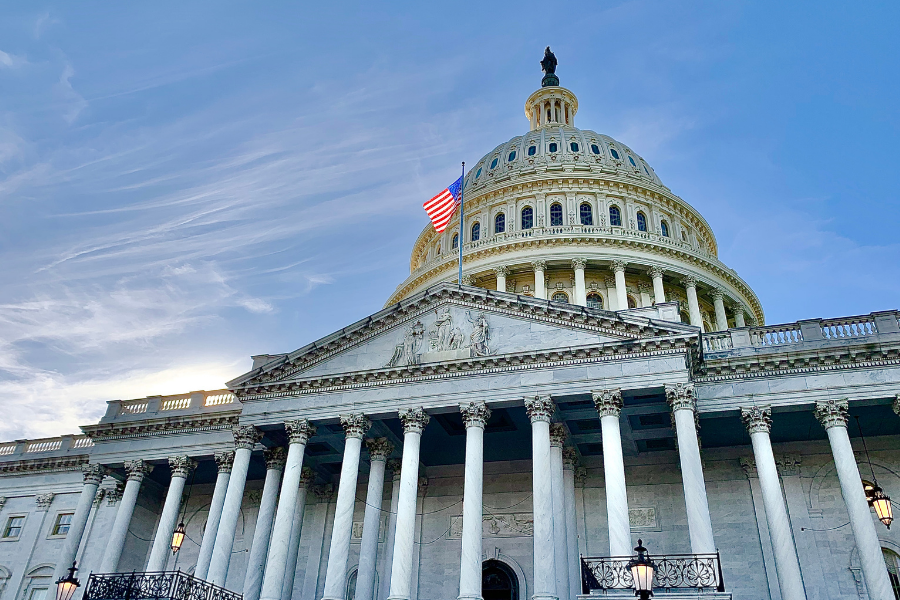
AANA applauds bipartisan letter to Secretary McDonough requesting full practice authority for CRNAs in VA health system
Rosemont, Ill. (AANA) — To expand access to safe, high-quality anesthesia services to veterans, Rep. Lauren Underwood (IL-D) along with 12 Congressional colleagues requested that Certified Registered Nurse Anesthetists (CRNAs) be granted full practice authority permanently across U.S. Department of Veterans Affairs (VA) facilities.
In a letter to VA Secretary Denis McDonough, Underwood said, “It is more important than ever that VA ensures CRNAs can practice to the full extent of their education and training. Therefore, we urge VA to swiftly complete the Department’s National Standards of Practice development process for CRNAs and grant full practice authority to these healthcare professionals who provide essential healthcare services to veterans in communities across the United States every day.”
“AANA applauds Rep. Underwood and her congressional colleagues for leadership and support of these issues impacting the healthcare our veterans receive,“ said AANA President Angela R. Mund, DNP, CRNA. “The high quality of care that CRNAs can be trusted to provide is reflected in our military, where CRNAs are allowed to practice independent of physician referral and supervision. Given the widely-reported anesthesiology staffing shortages at the VA, it is more important than ever for veterans’ access to healthcare that the VA ensures CRNAs can practice to the full extent of their education and training.”
According to the letter, a national review of staffing shortages at the Veterans Health Administration (VHA) for fiscal year 2021 found anesthesiology shortages at numerous VHA facilities, including in Massachusetts, Rhode Island, New York, Pennsylvania, North Carolina, Florida, Tennessee, Michigan, Indiana, Illinois, Louisiana, Arkansas, Colorado, Oklahoma, Washington State, California, and Minnesota.
“These anesthesiology workforce shortages have real consequences for our veterans, limiting access to high-quality care at a time when demand is growing for surgical procedures due to an aging veteran population,” it stated.
The letter echoes the comprehensive review in Health Affairs, which found no evidence that removing physician oversight requirements for CRNAs resulted in increased inpatient deaths or complications. The ability of CRNAs to provide high-quality care, even under the most difficult circumstances, has been recognized by every branch of the U.S. military. CRNAs have full practice authority in the Army, Navy, and Air Force and are the predominant provider of anesthesia on forward surgical teams and in combat support hospitals, where 90% of forward surgical teams are staffed by CRNAs.
During the pandemic, the removal of barriers for CRNAs has provided invaluable support to VHA facilities, using their expertise in rapid systems assessment, airway management, managing ventilators, vascular volume resuscitation, placing of invasive lines and monitors, overseeing complex hemodynamic monitoring, emergency preparedness, and resource management.